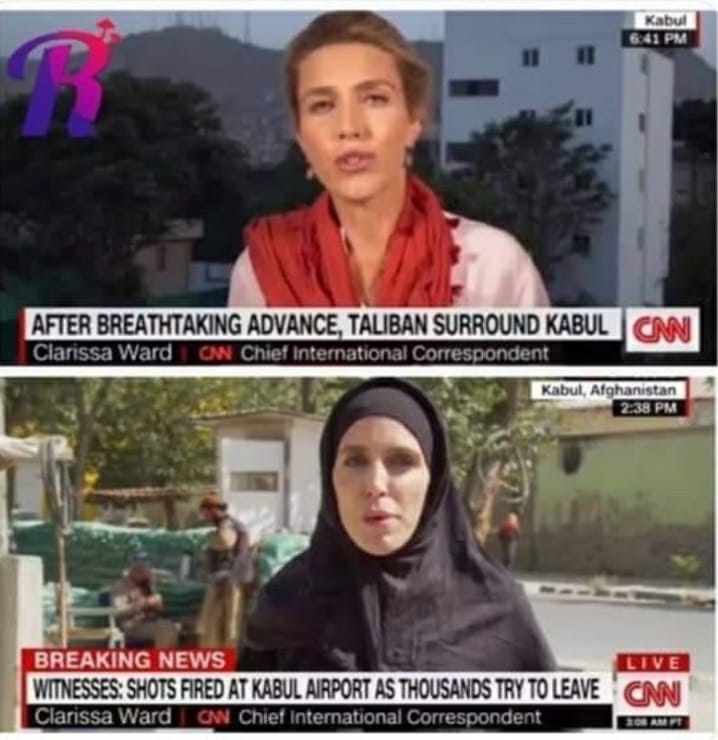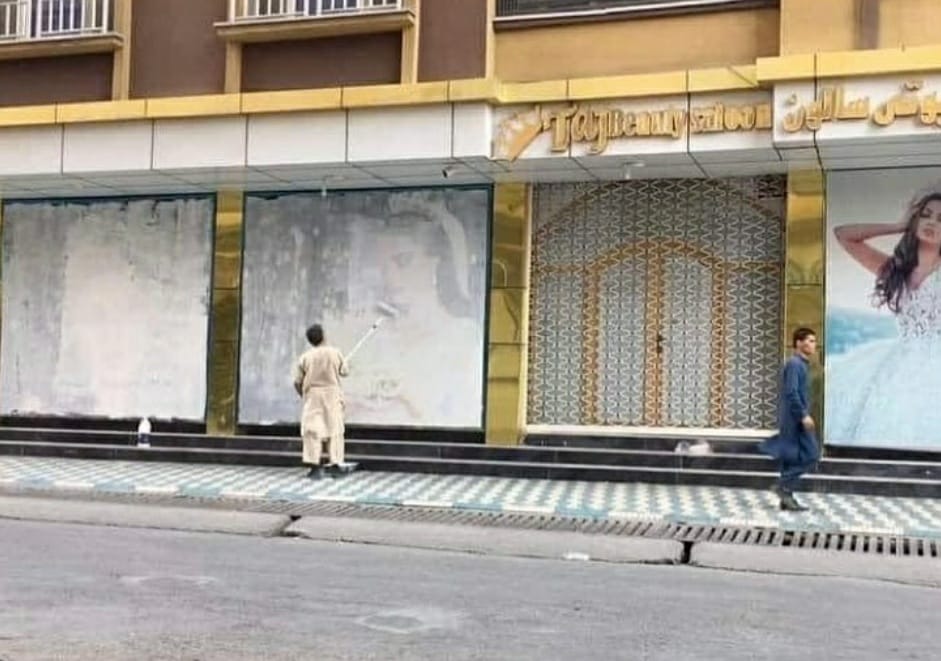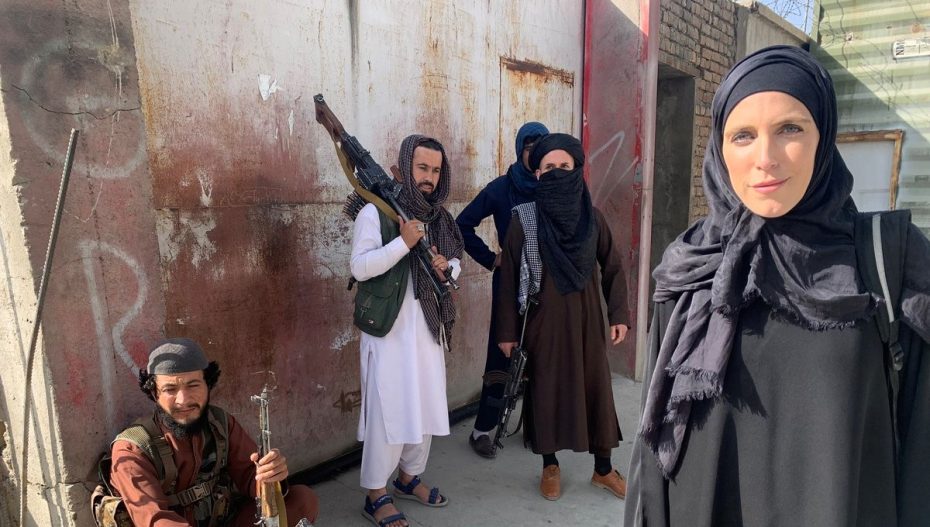The situation in Afghanistan gets a new horrific turn every day, leaving Afghans in Afghanistan and around the globe with sleepless nights.
USA President Joe Biden’s statement, a clarification carried out five times or so on social media platforms and across media channels, shifts the blame on Afghani locals. This has further created unrest among the people whose fate continues to be hanging on a tight rope.
The mental state of Afghan students in Gujarat
While India is host to more than 2000 Afghani students, Gujarat is home to 133 Afghani students. Of these 133 students, at present, Gujarat has 99 Afghan students through Indian Council for Cultural Relations (ICCR) and 25 additional students are attending online classes from their home country or other locations, and 34 others are pursuing the final year of their chosen courses.
The take over of Afghanistan by the Taliban forces has left many students in Gujarat on the tenterhooks, worried about their families more than the thought of being able to return home. Parul University in Vadodara has 15 Afghan students, according to Chairman Dr Devanshu Patel while Veer Narmad South Gujarat University (VNSGU) has 10.
The handful of students in Gujarat have come here from Afghanistan for their academic studies. With their families facing the unimagined, they have been instructed by their families to not return to Afghanistan come what may. The families believe their children are way safer in India than they are in Afghanistan.
For a female student in Surat, a few calls made to the family has sent a shiver down her spine. Se said, “I have heard loud firing while speaking to my family back home. I have tried for visas for my family but in vain, as I was refused.” A resident of Kabul, this student is scared for her father’s life back home who is working with the Afghani army. She said, “The Taliban has asked him to quit the army and join them.”
According to a 2013 Pew Research Survey, ‘The World’s Muslims: Religion, Politics and Society, 99 per cent of Muslims in Afghanistan favour the Sharia Law and are in favour of it to become the law of the land, barring a few practices.
Taliban and peace is an oxymoron
A student at Parul University, Mustafa Qureshi’s experience has been similar to his family instructing him to not leave his university in Gujarat, India. They want him to stay wherever he is. Back home, Qureshi has a younger brother and parents. He feels helpless for not being able to do anything to ensure the safety of his family. He said, “Taliban might have appealed for peace and a peaceful environment umpteen times, but the truth is peace and Taliban have never co-existed.”
Pursue your studies and stay in India
Vadodara-based student Mohammad Pervez is a resident of Farwan in Afghanistan. It was only last year when Pervez lost his home to a firing by the Taliban. Scared to death by this incident, Mohammad’s parents have begged him to stay back in India. They want him to pursue and complete his studies and find a suitable work opportunity in India without looking back to his country, Afghanistan.
Life in Afghanistan has been no less than hell with the Talibani demanding money from locals and forcefully entering houses to be treated like guests.
ICCR steps in and offers help
Jigar Inamdar, Director for Ahmedabad Division of ICCR has assured students who have come to Gujarat on Scholarship for their safety. He also added that those who have finished their courses but want to continue their stay here in Gujarat can do so after they have made appropriate applications to the authority.
IIT opens up its campus for Afghani Students
On the other side, IIT-Bombay in Mumbai has opened its campus and hostel for Afghani students to walk in. Through a Facebook post, Director of IIT-Bombay Prof Subhasis Chaudhuri said, “We offered admission to quite a few students from Afghanistan in the master’s program this year under scholarships from ICCR. Owing to Covid-19, classes were conducted online and, they were studying from their homes. But with the rapidly deteriorating conditions in their homeland, students wanted to come out of their country and join the hostels on campus.”
‘My friend does not even have a Burqa. What will she do?’
Zahra Nader, a PhD student of York University and studying from Ontario in a tweet, says, “My family is asking what should they do with my books?” This tweet by Zahra was a question asked by her family members, who now foresee education as a distant dream.
Nader is also worried for her friend who used to work for the collapsed government. In one of her tweets, perhaps the only means of communication now left for many Afghanis like her, she quotes her friend, “What should I do? I don’t even have a burqa.”
Do not forget Afghani women
Aisha Ahmad, a student of Kabul University was left badly injured when she was trying to find a flight to escape the country and was left with no hope. In her tweet, as she mentioned her plight, writes, “Asylum seeker, 22 in Kabul ‘loses hope’ as she pleads not to forget Afghani women.”
A warning letter to be punished
A writer and ethnographer Ahmad Qais Munhazim is running from pillar to post, sending out requests on social media, asking for help for his sister. He mentions in his tweet the numerous threats his sister, a lawmaker has been receiving from the Taliban, for absolutely no reason.
‘The international community left us alone’
Another link to the law, a lawyer and a scholar of Chevening Awards Programme, Fereshta Abbasi says that Afghanistan has no option and the international community has left the country to suffer on its own. “We won’t forget this”, said Abbasi.
The journalists fear the same fate for them as that of the Pulitzer Prize-winning Photojournalist, Danish Siddiqui who was killed by the Taliban not so long ago.
A CNN Chief International Correspondent, Clarrisa Ward has been seen clad in a Hijab covering the situation in Kabul. And it was only two days ago when Ward was moving without a hijab, in clothes most comfortable for her.

‘In the 21st century, the world left us alone’
Maryam Mehtar, an award-winning journalist, mentioned in her tweet that posted in her mother tongue, which roughly translates to, “If I survive and come out of Kabul one day, I will write about what happened today and in the coming days. I will write for the World to read how in the 21st century, they left us alone.”
Mustafa who is stuck in Kabul with his wife and child feels the need for sensitivity in the media coverage.
Amidst the chaos, India rings a bell of relief by flagging off an e-visa facility to accommodate Afghan refugees amidst Taliban takeover. E-Emergency X-Misc was created for this purpose. The visa applications are open for all the people of Afghanistan but will be scrutinised by the government on a case-to-case basis.
Apply for e-Visa here: https://indianvisaonline.gov.in/evisa/tvoa.html
The people are unsure of what the Taliban brings next but they are sure that the regressive practices ought to make a comeback and this is just a glimpse of all the horrors to follow. They started the process of erasing the memory of the past 20 years already.

Last time, they were in power after overthrowing the government from 1996 to 2001 and established a totalitarian rule, which used harsh punishments and practices of the Sharia Law. They even dictated the makeup that women would wear. Of the many regressive or not-so-regressive practices, burqa was a mandate, women were not allowed to work or study and men were not allowed to shave. It was also a compulsion for men to read the Namaz five times a day. Anybody who tried to go against them was beaten by pellets and execution was a normal practice by the Taliban.












